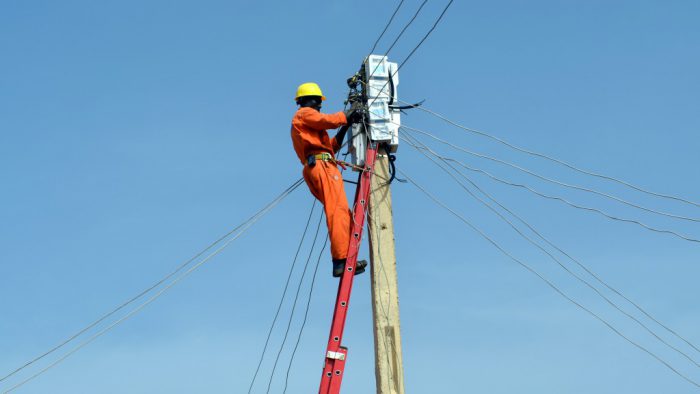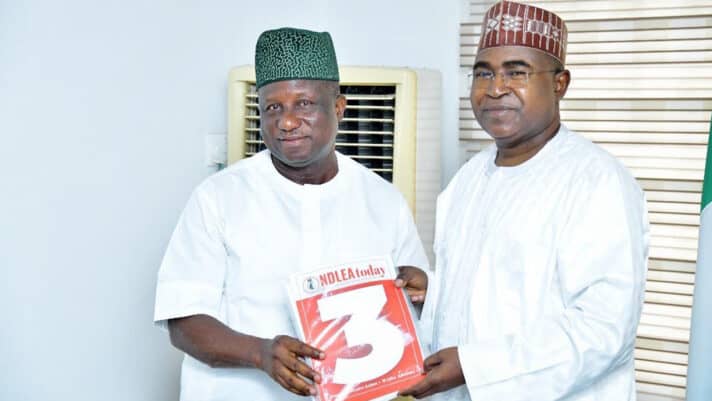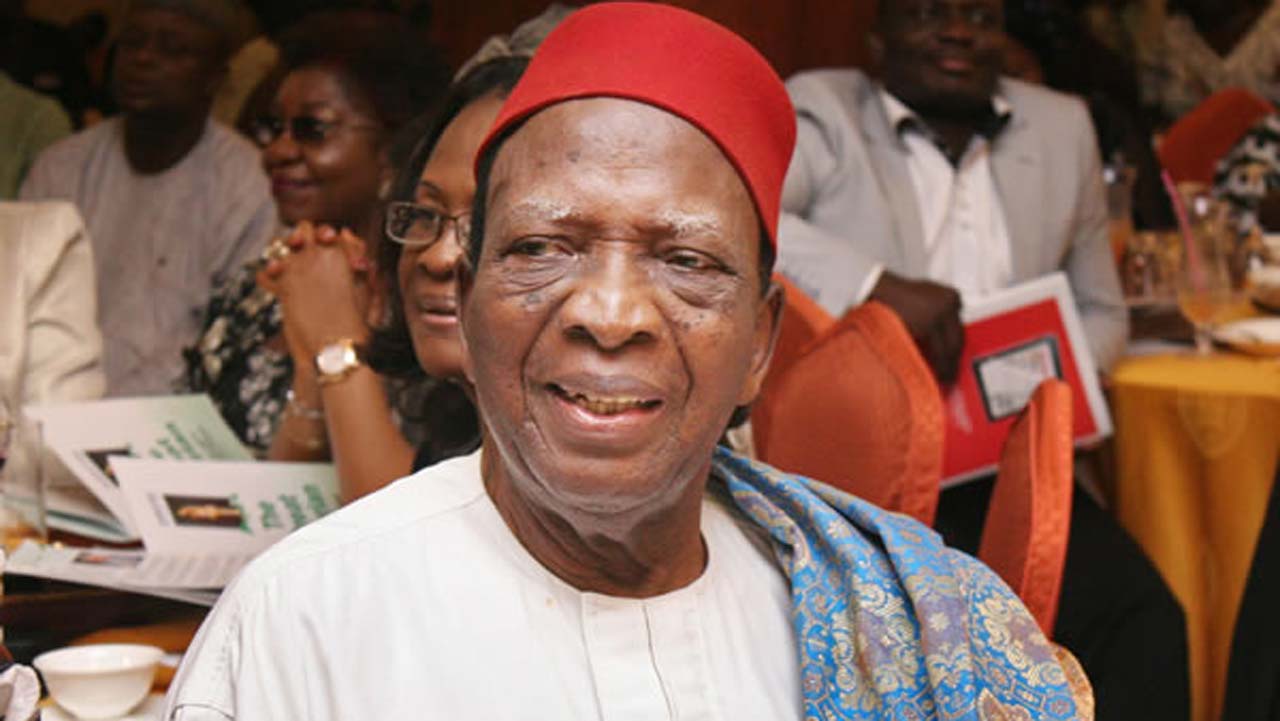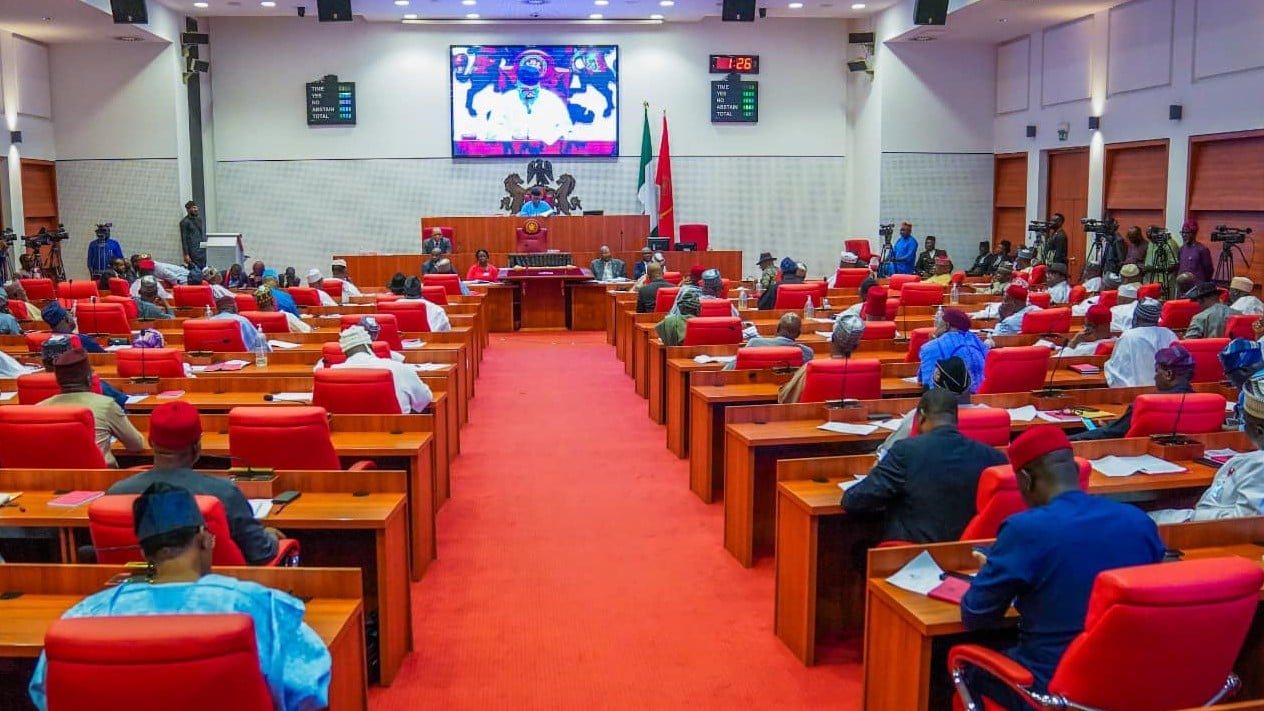I looked out from my 3rd-floor hotel room at Ikot Ekpene. It was pitch-dark but for a sparse few white lights in the foreground. I could count the number of what could be solar lights on my fingers. It was night. In the afternoon, Ikot Ekpene presented as a peaceful, organised and even quiet city from the same position. There was a musical event in a park nearby, that started around 2pm and closed around 8pm. It was a Tuesday, and in my head, I noted that these people have no time for stress. But this darkness at night was simply galling.
I had left Gombe city the day before and in the hotel where I stayed, it looked like there was a power cut every 30 minutes. I imagined how much they were spending on diesel to power up the generator. I felt certain that the moderate amount charged in that hotel could not have covered their expenses.
These are indeed tough times for most Nigerians. As far as electricity is concerned, this season — before the onset of rains – presents the most issues and unnerves Nigerians, especially in the north. There is the sweltering heat and humidity, which makes everyone very edgy. Also, this is the season when we learn that water levels have dropped, and our mainly hydroelectric power infrastructure’s performance is at its lowest ebb. This results in power cuts, and I have noticed this trend in perhaps the last 20 years. This is also the season of Cerebro-Spinal Meningitis (CSM), which is triggered by heat and lack of ventilation. For many in rural and less-privileged areas of Nigeria, this is the season when snakes, not being able to properly self-regulate their temperatures, struggle to share homes with human beings. They are usually restless and ill-tempered, like we humans at this time. Many get bitten on their farms, especially up north. Even the animal kingdom takes their stress to humans! Therefore, great caution is urged on everyone’s part.
The minister of power, Adebayo Adelabu, is in the line of fire from many Nigerians at this point. He had to read the riot act to power distribution companies. But I can confirm that the gentleman is putting in his level best, and though not an engineer, he has a fantastic work rate and has mastered the nuances of that sector in the short while on the job. And he is a man of great conviction, with the guts to face the principalities in that sector. And by Jove, there are principalities and powers aplenty in the electricity sector. There’s a reason why we’ve not been able to get it right for decades. One of Tribune’s top columnists, Mr Suyi Ayodele – a great critic of the Tinubu administration – wrote recently about one of the minister’s inspection tours to some power facilities in Edo state, at which it was discovered that the government facility which was installed at great cost, was deliberately left to run (only sometimes) at 20%, just so that a similar facility operated by one private sector big man around the same location could power on at 100% capacity. For the rest of the time, this almost brand-new facility is simply shut down. Fortuitously, a serving member of the House of Reps, at the meeting I came to attend, told a story of how a government-owned hydroelectric power generator which produces at N2.00 plus, is shut down in another part of Nigeria, to allow for a gas-powered privately owned GENCO to produce at N11 per kilowatt hour, to the detriment of hapless Nigerians. I was aghast! These could only be described as cases of ‘man’s inhumanity to man’. As much as Nigerians love to blame the government, at some point, everyone must take their share of the blame.
Advertisement
I have been in forums with the minister where he vehemently opposed the idea of total removal of subsidies in the sector because as we all know, even European countries like Germany, the United Kingdom and even the United States of America, do grant their citizens and residents some sizeable subsidies even in electricity and energy for industries and households, and economists hold that for the industrial sector to develop, Nigeria cannot afford to make the access to energy entirely commercial. However, in recent times, and especially due to the depreciation of the Naira, there is new pressure on that sector and the minister, with subsidies in Naira terms growing to N2.9 trillion with prospects of increasing. It must be noted that electricity in Nigeria – just as the pump price of our petrol – is benchmarked to the US dollar. Several international players are in that market and cannot take the risk of pricing in a volatile naira. The distribution companies are refusing to evacuate power because of this shortfall which results in subsidies.
But this then brings up the question of what to do. For how long can we afford to be so reliant on foreign technology, innovation, and of course capital in Nigeria and for all things? Recently, some conglomerates have left Nigeria mostly out of their internal strategies or even going concern issues. But on some occasions, it is simply because Nigerians – and indeed most Africans – can no longer afford (in dollar terms), the products of those companies. The depreciation of the naira being a considered strategy of the current administration to attract investments, also has effects on other indices and calls on Nigerians to think seriously about doing things for themselves and getting started quickly. So, for every GSK or Sanofi that leaves, we are urgently called upon to mainstream and frontload our initiatives. We should be able to get more companies in the pharma sector to produce generic medicine, for example.
The same logic holds for the electricity sector, tourism, textiles and car manufacturing, and indeed every sector in between. The current reforms are a call for us to bootstrap and get going on our own steam. The reforms present opportunities for local players and Nigerians should not merely complain as foreigners come in here by the numbers to get industries started. The disdain we have always shown for locally manufactured goods and services has also come full circle and the ‘heat of the moment’ only exacerbates our people’s frustration. Frequent vandalisation of power infrastructure by all sorts of fiends makes the minister’s case worse and increases all of our angst.
Advertisement
For the electricity sector, the battle is real. And the time is now. I have a suggestion to make, which is something I have pushed on the political hustings in the past, and of course in some of my writeups and books. I looked down into the slumbering city of Ikot Ekpene and saw the humbling darkness again – in Nigeria’s richest state no doubt. Everybody slept in darkness here yesterday. If the current system has buckled, we have to think outside the box. My suggestion is that Nigeria should try and seize control of her destiny by considering our universities and polytechnics as centres of excellence for the electricity sector. I suggest that the departments of electrical engineering, electrical electronics etc, should begin to play more visible and operational roles, especially in rural electrification. We do have an agency in charge, but this agency can work with departments in these institutions as they deploy experimentally to provide villages and small towns with captive alternative electricity. These projects could form the major work that enables the students to graduate. Projects, theses, and dissertations should be done in groups (no longer individually), around these live experiments and initiatives. If successful – and I don’t see why not – we would tackle the rural areas and concentrate on urban areas and industries. I believe that new capital should be encouraged in this area.
The science of generating and distributing electricity has since evolved. Even some countries have started to walk away from their national grids. In a country like ours, with a centralized grid that hopes in vain to get through to the most rural areas, we should understand and explore the power of alternative sources – mini-hydros, biomass, wind, solar, and whatever clever ideas are floating out there. With over 200 universities spread across the country, and almost as many polytechnics, we should begin to invest in our youths to take charge from the ground up. These youths could be mentored by well-established companies who seek other major contracts from the country. Looking down at Ikot Ekpene’s darkness – which is nationwide – it’s evident that we must now begin to turn our thinking upside down and inside out.
And there’s an even more compelling reason for this. The current dollar-linked structure puts most Nigerians out there in the cold. Incomes have not increased but if we all don’t pay more for every unit of electricity consumed, the system will break down. We are at that crossroad where fundamental ideologies are clashing. Whoever believed that this economy at this stage could rely on an international-markets driven model such as we have. I presently pay over N150,000 for prepaid and metered electricity for a 4-bedroom house in ‘Zone A’ in Abuja. We pay more than most. But I am now being told I am being subsidized. Will I not have to move to the village if my bill comes to N300,000 monthly? Yet in the village, there is zero assurance of electricity.
I know that this suggestion is a bit long-term in nature. Chances are that even the Nigerian Universities Commission (NUC), who regulate universities’ curricula will oppose such an idea. Many of our professors are steeped in the old ways of doing things and it’s hard getting government parastatals to work together. But if this idea had caught on six years ago when I started agitating honestly the face of Nigeria would have changed and we will now be visible from space. We would have lit up most of our rural areas where people cannot live any good life because they cannot play the efficient market game.
Advertisement
I sympathise with the minister. I believe he will break some barriers in that ugly sector. But I think he also needs all our help and cooperation so that we can help ourselves. Let’s imagine a new superstructure for our electricity. The current one has reached its tether’s ends. ‘Stealing’ of electricity is on the rise, as tariffs spike. In the pursuit of a cost-reflective tariff, those in rural areas may never expect electricity! Because in dollar terms, they don’t earn anywhere near enough to afford even an hour of this electricity, and everyone’s earnings have shrunk in dollar terms. We need our youths’ energy, innovations, and participation to begin putting together (even if experimentally) microgrids to somehow light up our rural areas so that we can get a clearer picture of what to do with urban and industrial spaces. Nigeria is not wedded to darkness.
Views expressed by contributors are strictly personal and not of TheCable.







